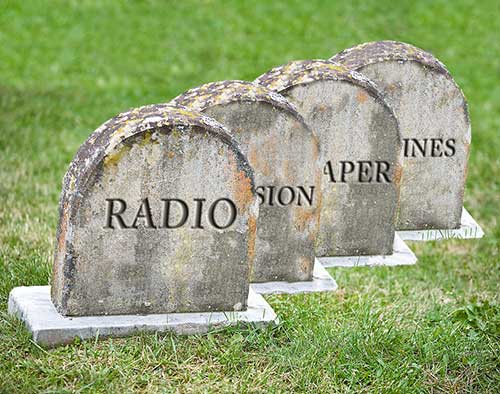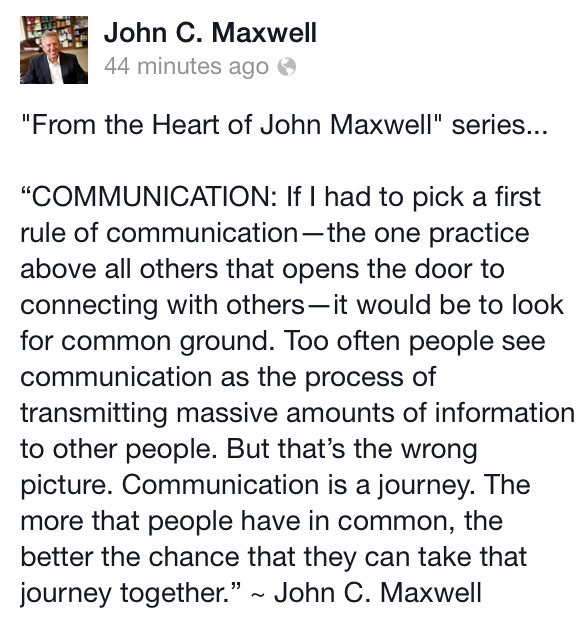Thoroughness – a valuable quality in almost every job – is actually not the best thing for radio. Trying to do every thing every time is almost a disease. Let’s call it Radio Tourette Syndrome.
For example, the giving of three surrounding cities’ temperatures, then “and in downtown Candyland, it’s 82” to close the weather forecast. As a listener, I only care about MY area. You’d be better off with one satellite city mention, then the main one. Rotate the surrounding cities one at a time, and you get rid of the “laundry list” thing that other stations do. It doesn’t take long for the listener to at least subconsciously notice that you’re not still rattling out more numbers.
It’s the same with everything, really…
Giving the Artist and Title every time gets old. We’re friends and entertainers, not musicologists.
Giving every possible facet of a contest every time you talk about it just makes you sound like either (1) you can’t shut up, or (2) someone is holding a gun to your head making you do it.
Oh, and that ‘deejay thing’ of purposely “hitting the post” (talking right up to the start of the vocal) every time just makes people want to duct tape your mouth shut after a while. (And it makes Pandora look really good.)
The real point is that trying to be too “thorough” is the enemy of editing. What you gain in Information you lose in Momentum. Take that thought and run with it in every phase of your station possible.








